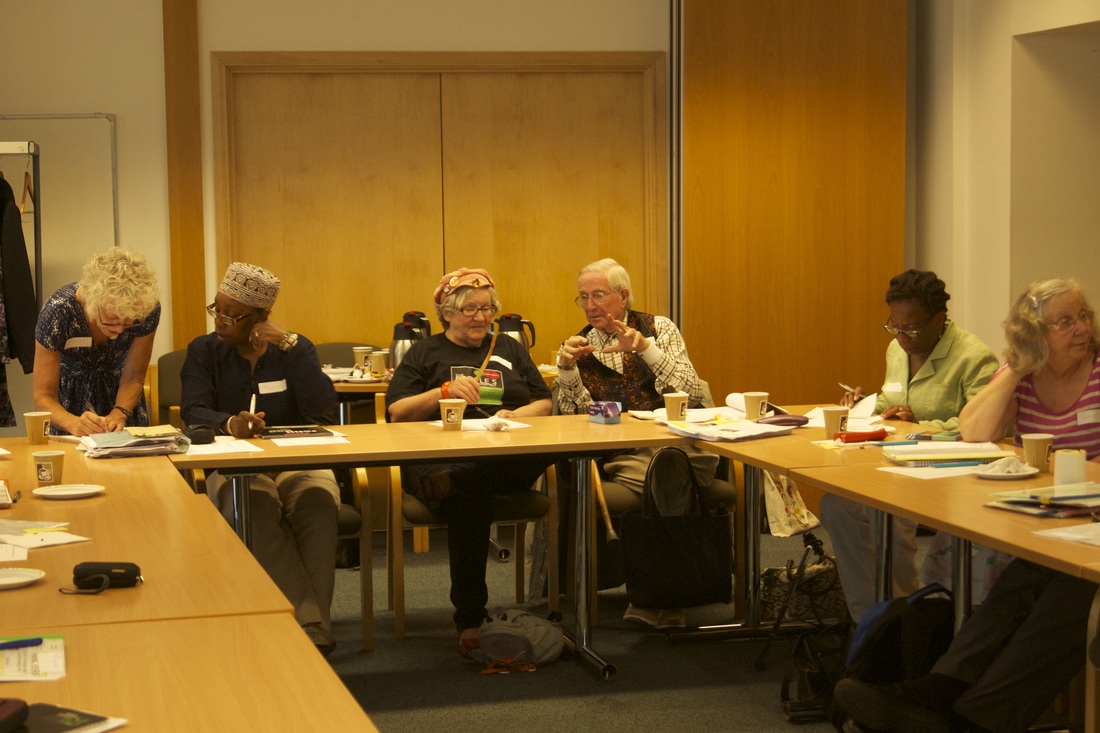The literature discussing social aspects of ageing has a tendency to present ageing in both idealistic (successful and productive) and nihilistic (decreasing capacity) ways. Nicholson and Hockley (2011) argue that older people can feel a pressure to define themselves as ‘less able’ and thus withdraw from existing social interactions that paradoxically can result in increased dependence. Ageing is complex and not just natural or biological. Segal (2013) argues that, whilst we might think that we age by nature, we are insistently aged by culture that in Western societies has an entrenched prejudice against ageing and old age.
A strong influence shaping the negative cultural prescriptions associated with ageing has been the very public growing anxiety of Western governments about the welfare resources needed to deal with the demographic changes caused by the huge rise in human longevity. Segal (2013) points out that over the twentieth century in the countries of the West an extra thirty years was added to average life expectancy, vastly increasing the percentage of people in retirement compared to the numbers of people in paid work. This shift in the balance between the older (retired) population and those of working age has become pronounced in the last fifty years. Of particular concern is the capacity of society to provide care in old age in the context of many people living into very old age with infirmity and frailty, some with high levels of dependency. Many addressing the topic of ageing seem to focus on aspects of cognitive deterioration, particularly dementia, with Downs (2011: 247) arguing that “people fear both living and dying with advanced dementia” and this for very good reason as advanced dementia drastically reduces the quality of life both for the dementia sufferer and their carer. Dementia is often portrayed as a ‘living death’ for those suffering the disease and a ‘living bereavement’ for their carers. It is a social as well as a biological disease that, in terms of public discourses and media representations of ageing and ‘being old’, has assumed a persuasive focus in constructing old age as a time of life to be feared as well as longed for. Miller (2011) takes a particularly gloomy view in his book poignantly entitled Losing It, dismissing all possible affirmations of old age and what he sees as the unmitigated disaster that is ageing captured by the materiality of many old people’s remorseless decline into second childhood. Segal (2013), however, points out that though the incidence of dementia will accelerate in the oldest old age group, it will still not predominate. This is not the picture often presented in media discourses on ageing.
References
Downs, M. (2011) ‘End of life care for older people with dementia: priorities for research and service development’ in M. Gott and C. Ingleton (eds.) Living with Ageing and Dying, Oxford: Oxford University Press, pp. 247-251
Miller, W. I. (2011) Losing It, New Haven and London: Yale University Press.
Nicholson, C. and Hockley, J. (2011) ‘Death and dying in older people’ in D. Oliviere, B. Monroe and S. Payne (eds.) 2nd edition Death, Dying and Social Differences, Oxford: Oxford University Press, pp. 101-109.
Segal, L. (2013) Out of Time, London and New York: Verso.
Watts, J. H. (2015) Gender, Health and Healthcare: Women’s and Men’s Experience of Health and Working in Healthcare Roles, Farnham: Ashgate Publishing

 RSS Feed
RSS Feed
